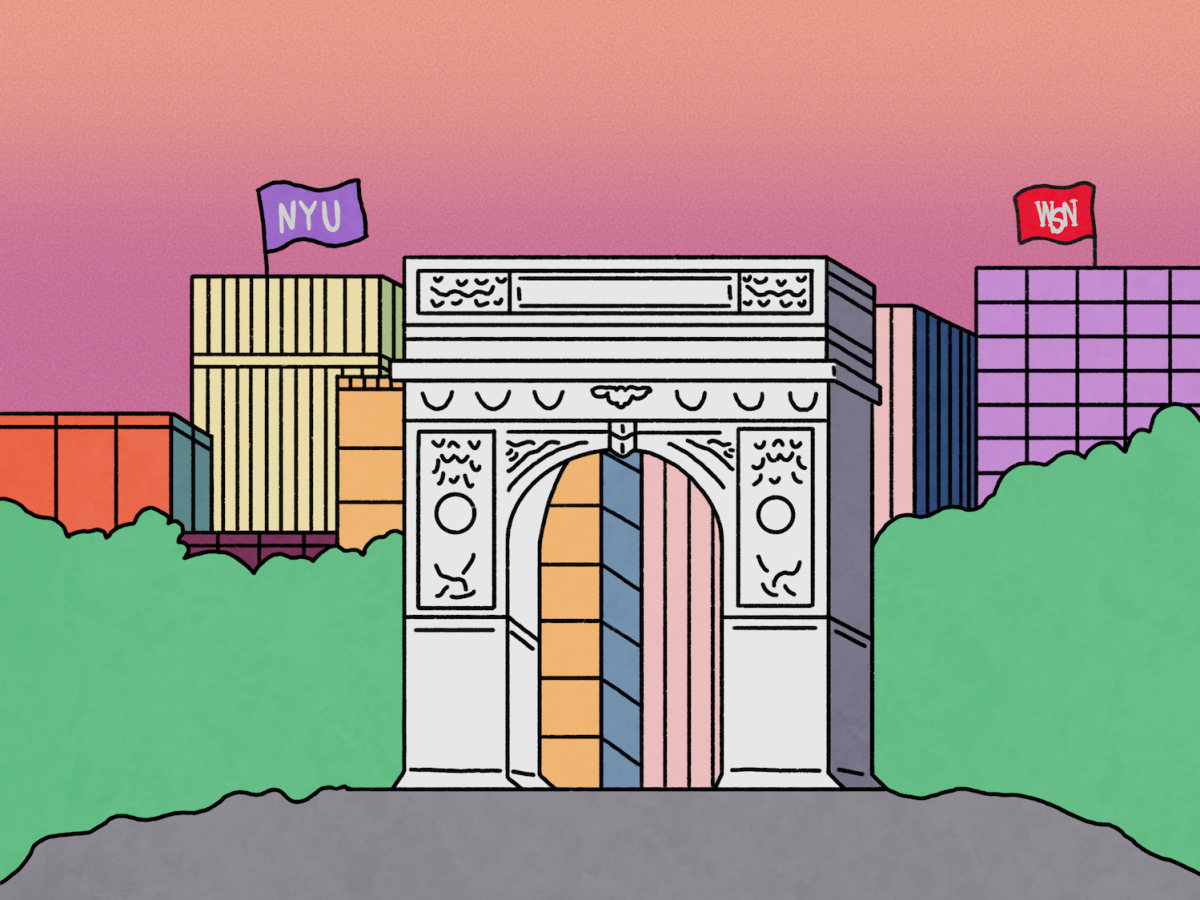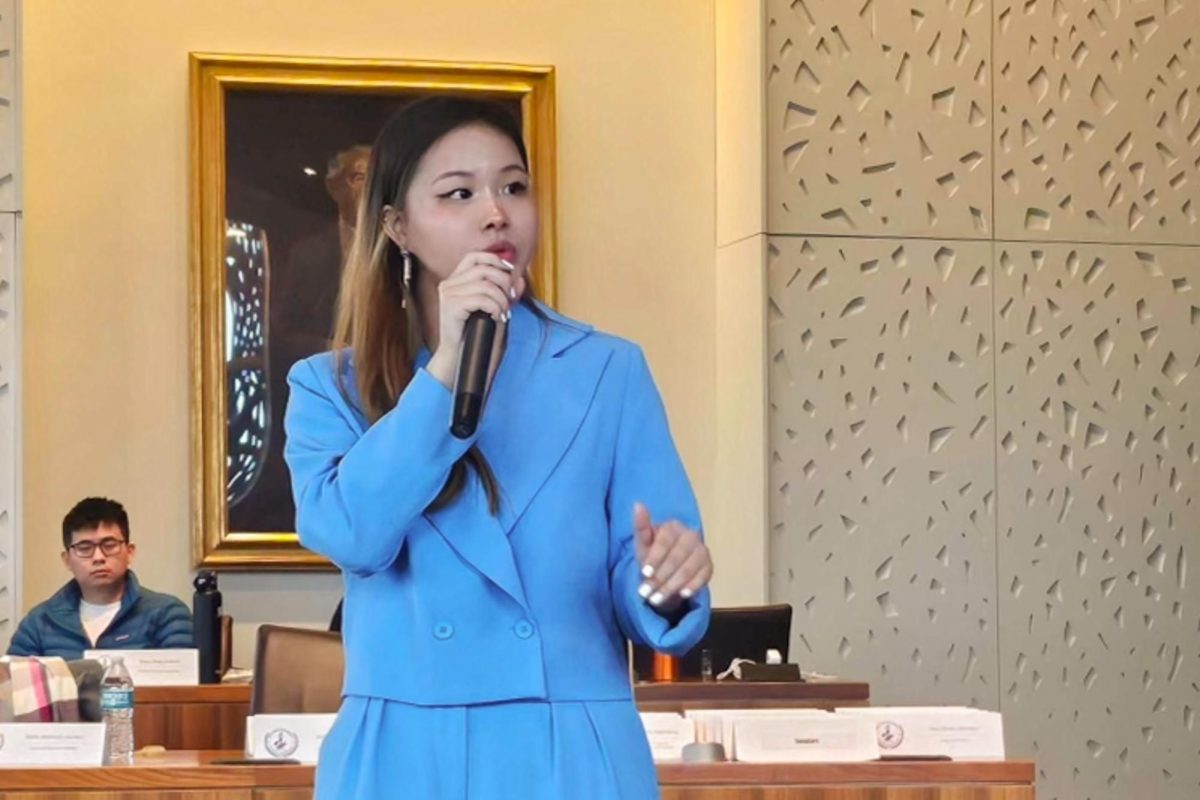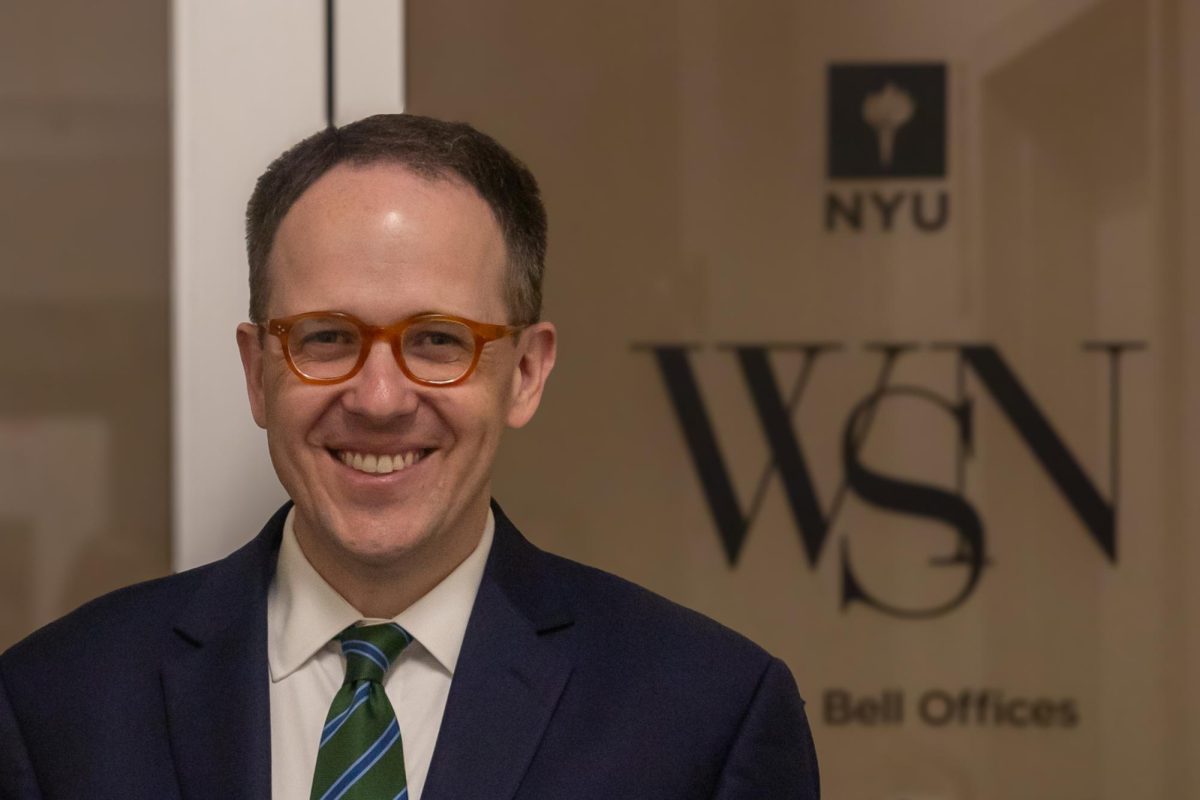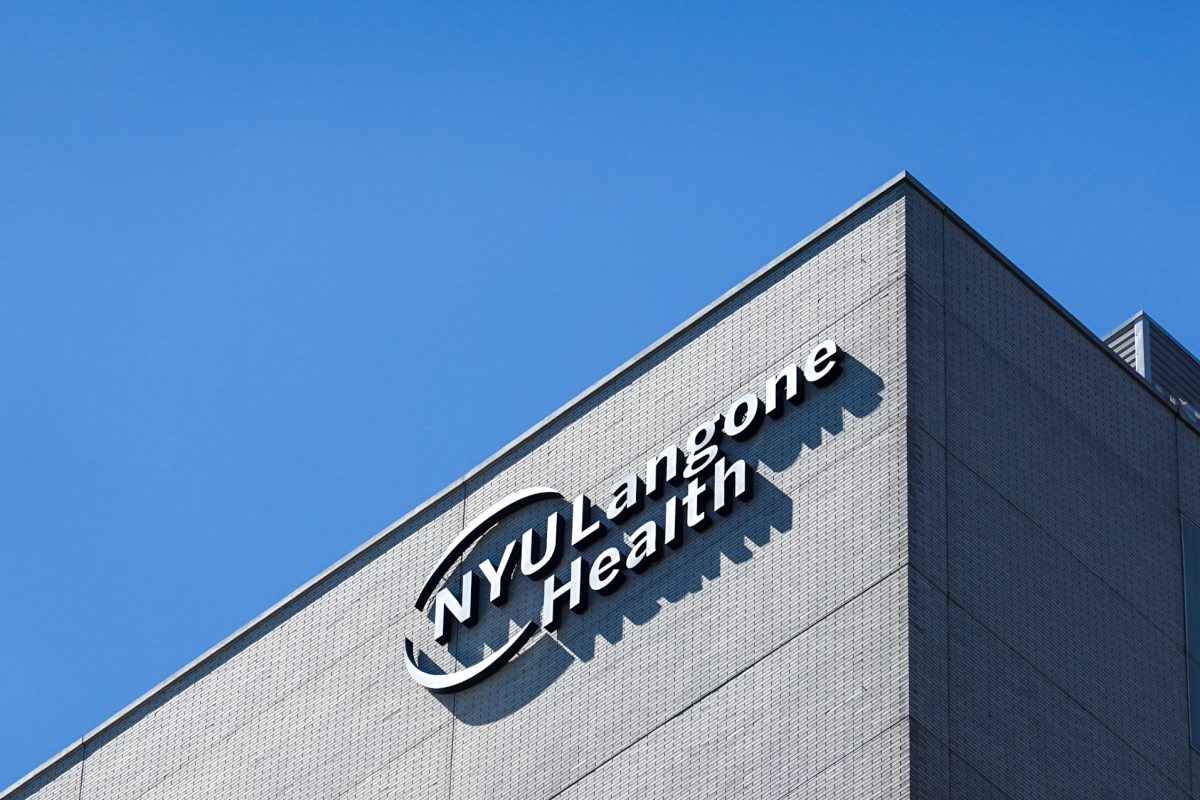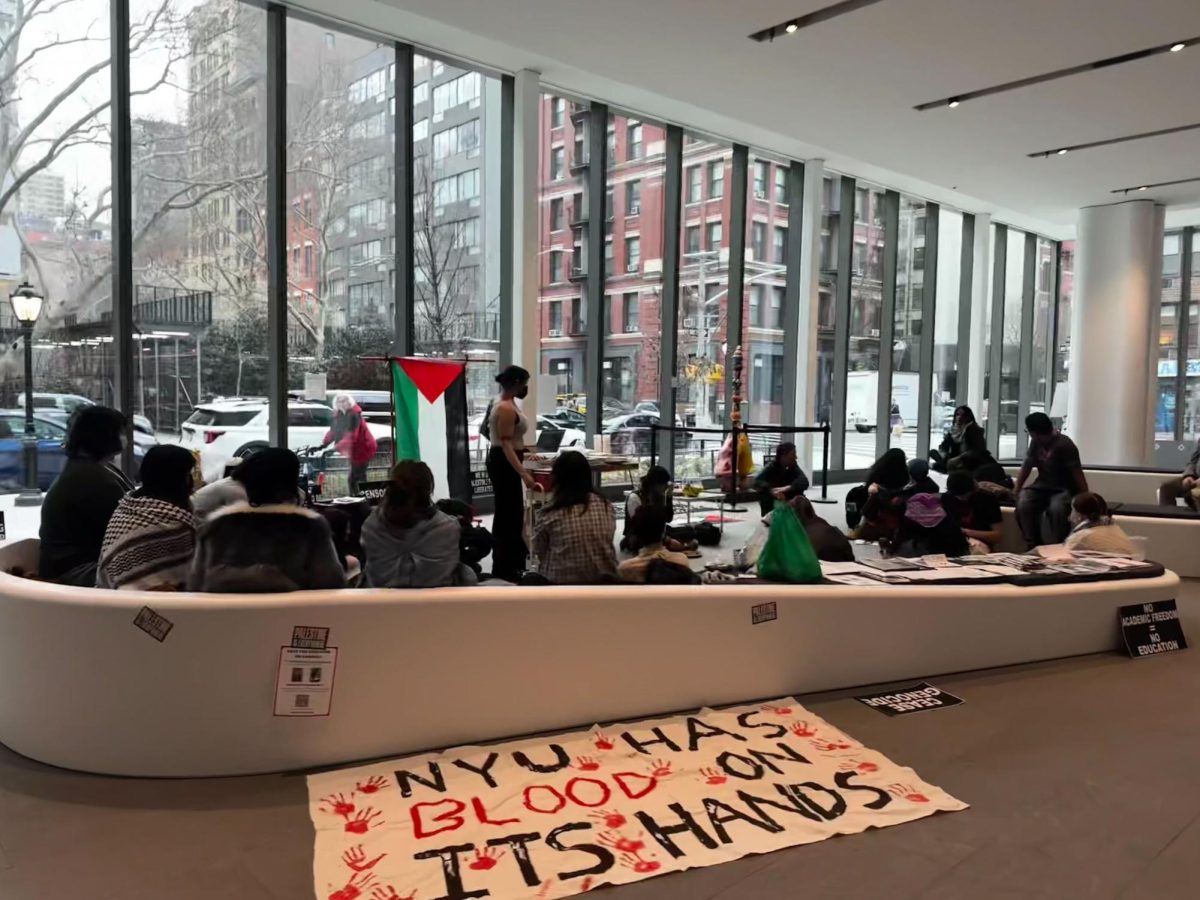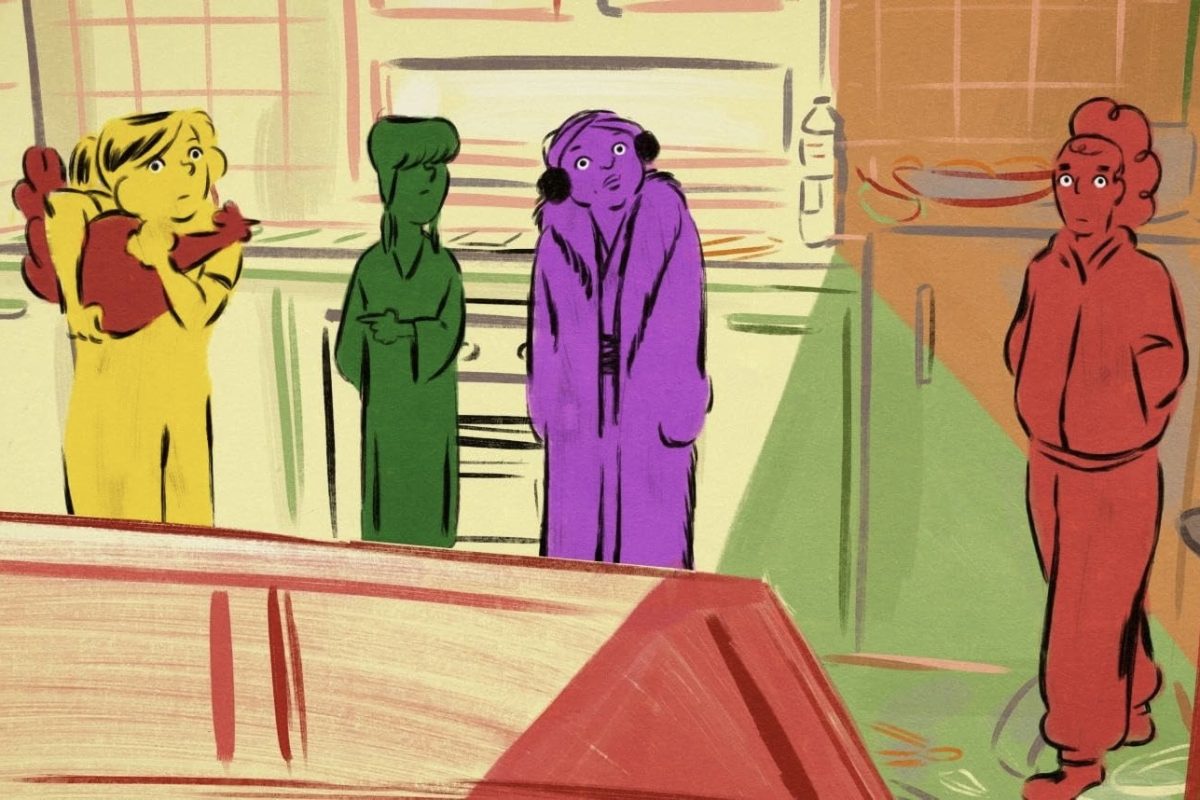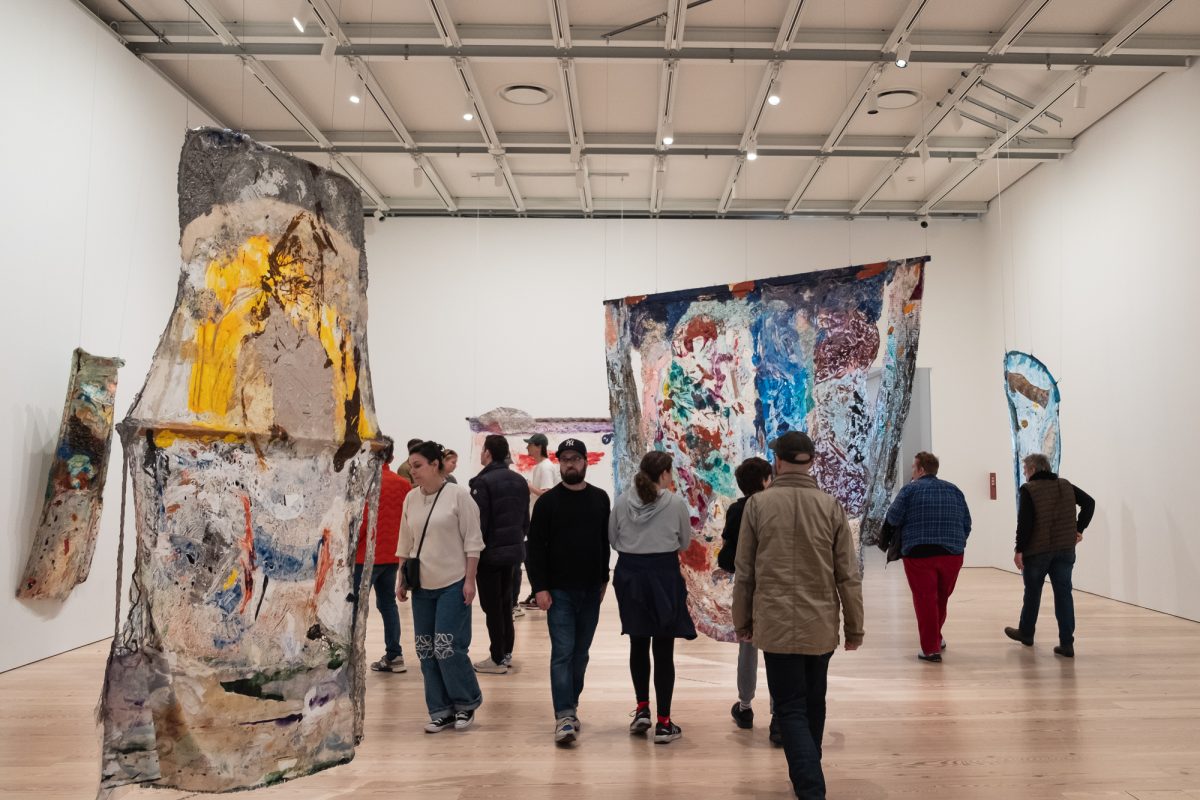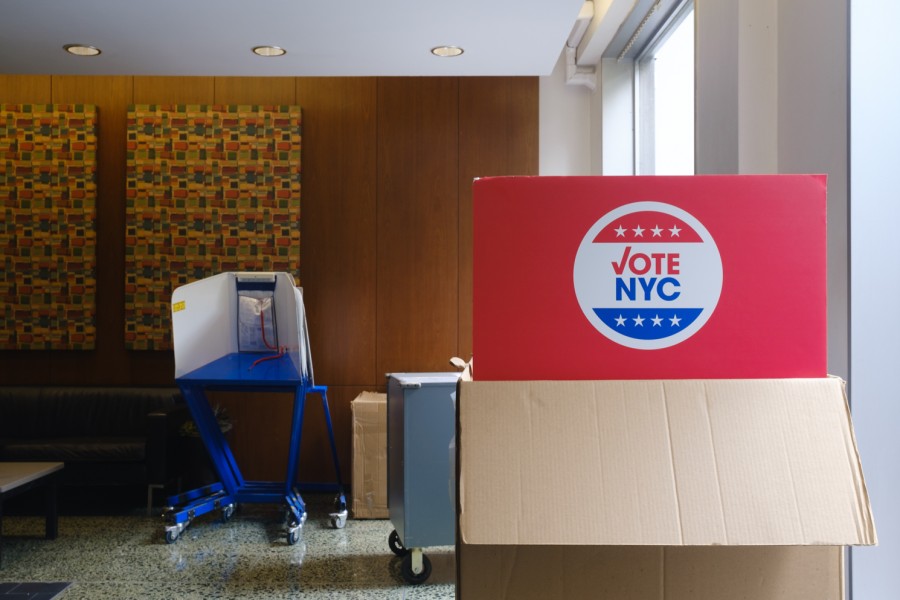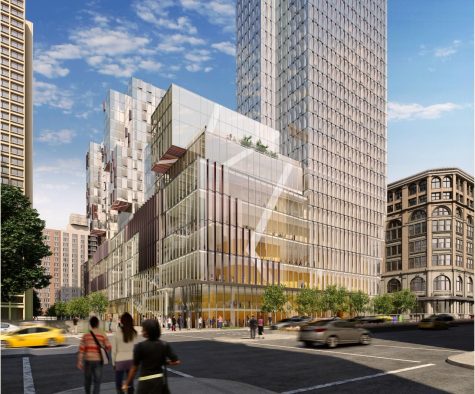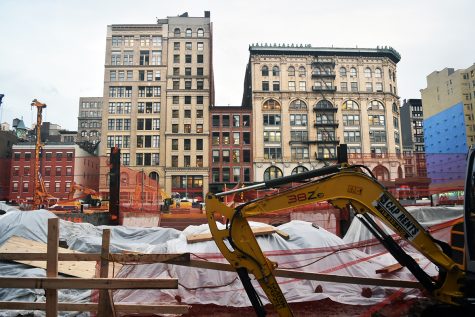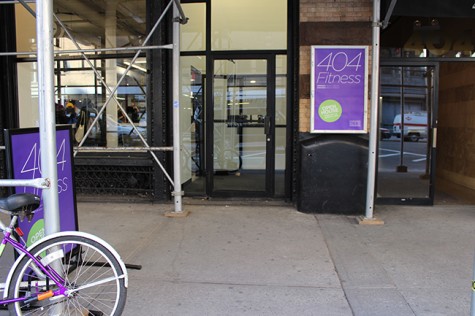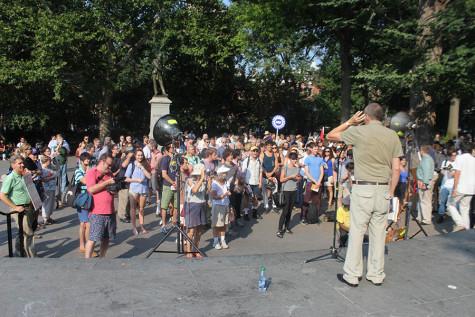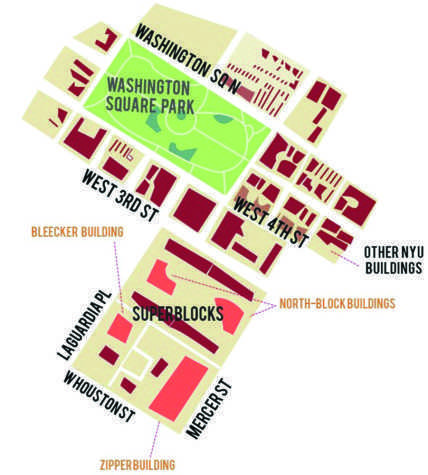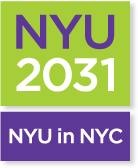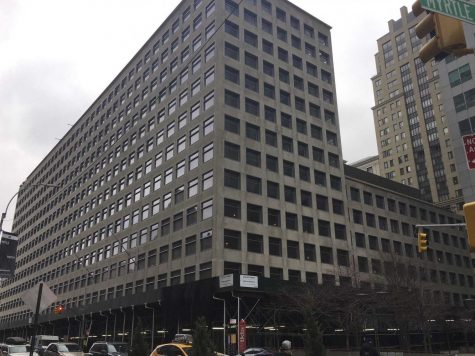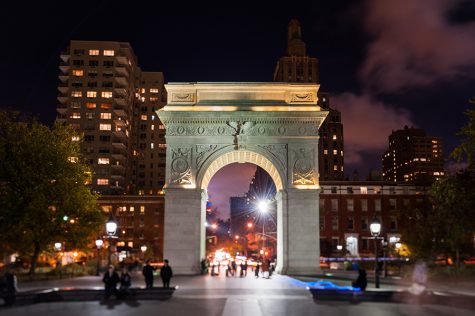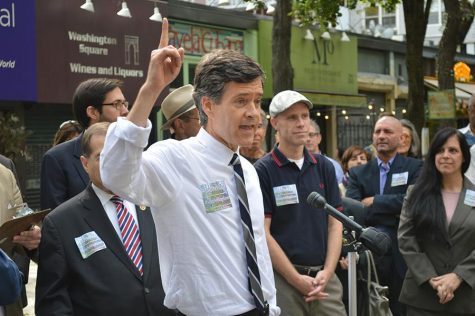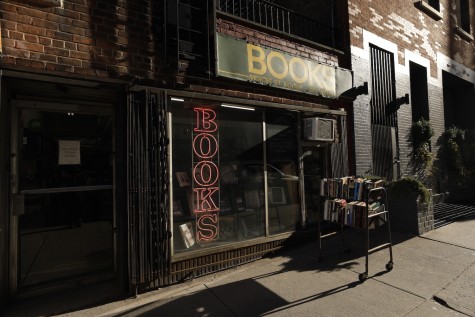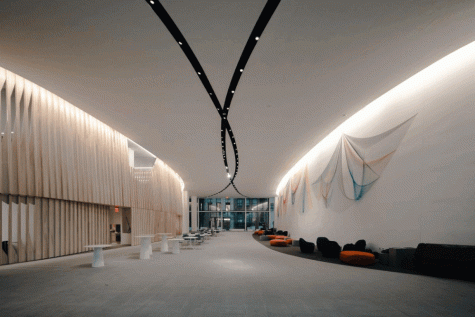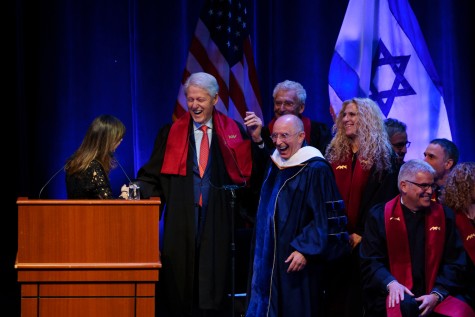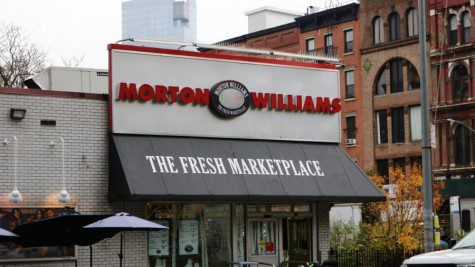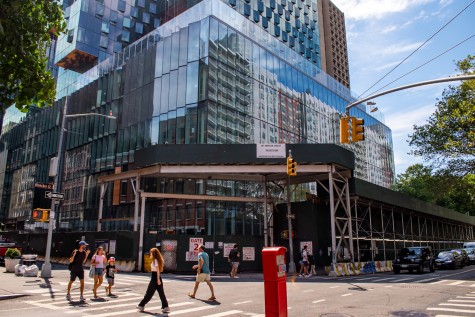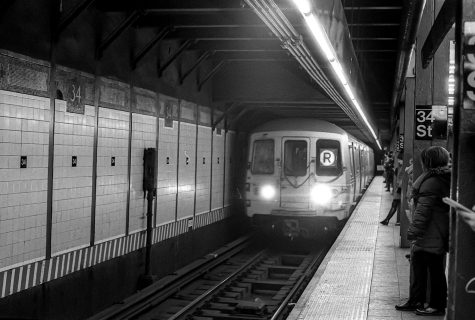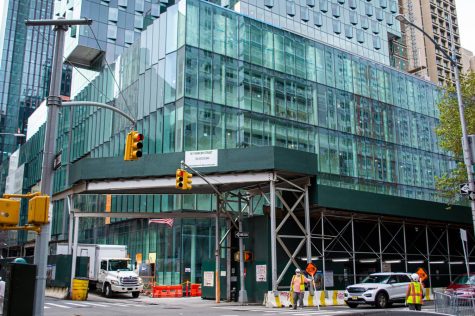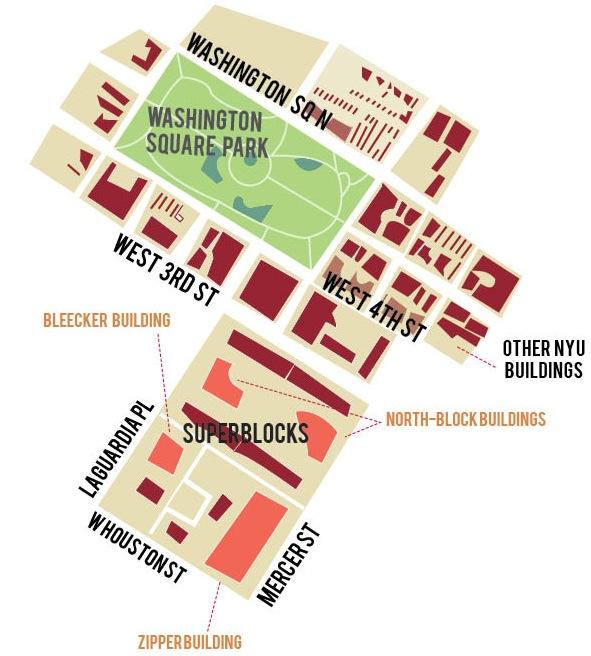Court lifts hold on 2031 plan
Related Stories
NYU plans to build on the superblocks shown above as part of the 2031 Expansion Plan.
The Appellate Division of Manhattan court ruled on Oct. 14 that three strips of land used as park space and maintained by the New York City Department of Parks & Recreation for decades were not technically parks, and therefore NYU’s plans to build on them did not need to be approved by the state legislature. This decision effectively overturned Manhattan Supreme Court justice Donna Mills’ January ruling, removing the last roadblock to key parts of NYU’s $6 billion 2031 expansion plan.
In the unanimous decision handed down by the court, the four judges found that the plaintiffs had not effectively proven that the spaces were parks.
“Here, petitioners have failed to meet their burden of showing that the City’s acts and declarations manifested a present, fixed and unequivocal intent to dedicate any of the parcels at issue as public parkland,” the judgement read.
NYU spokesman John Beckman said in a written statement the university was glad to hear the court’s decision, and it will now be able to move forward with its planned 1.9 million-square-foot expansion.
“NYU is very pleased by [yesterday’s] unanimous decision from the Appellate Division, which strongly upheld the City’s and the University’s positions,” Beckman said. “The need for additional academic space is clear and has been reaffirmed by a faculty-led committee, and it is now also clear that the University has the legal right to proceed with this project.”
Professor and chair of the former Space Priorities Working Group Ted Magder said the decision, while not directly related to the committee’s recommendations, means that NYU is now cleared to use an additional 900,000-square-foot space to build much-needed facilities. Magder added that the the implications of the decision were obvious.
“It’s pretty clear that the appeal court decided that the notion of implied park land was not tenable in this situation,” Magder said.
The case first began in 2012, when Greenwich Village activists sued the city and NYU over the green spaces, which they said counted as park space. One of the plaintiffs in the case, Greenwich Village Society of Historic Preservation executive director Andrew Berman, said the petitioners plan to appeal the case to the state’s highest court.
“We think that [the] appeals panel made the wrong decision in overturning the ruling of the Supreme Court, which found that this much-needed open green space was in fact public park land,” Berman said. “And we will be working with our fellow plaintiffs and our lawyers to appeal this wrong-headed decision.”
Professor and Faculty Against the Sexton Plan member Mark Crispin Miller said the case is not yet over, and the plaintiffs knew more appeals might be required.
“We knew it was a complicated case and figured that the legal struggle would continue to the highest level,” Miller said. “We are definitely appealing.”
A version of this article appeared in the Wednesday, Oct. 15, print edition. Email John Ambrosio at [email protected].

John Ambrosio is the Assistant Managing Editor at WSN and a junior studying journalism and history in the College of Arts and Science. When he’s not...




